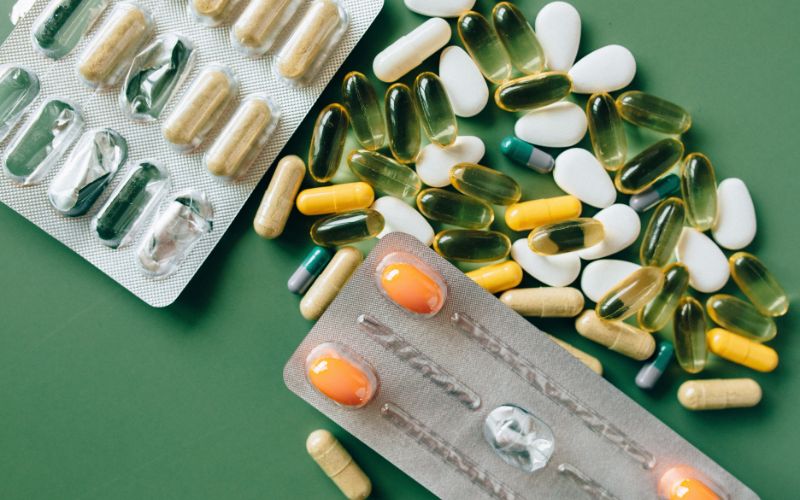
Quality Control During Tablet Compression
In the pharmaceutical industry, tablet compression is a crucial step in the drug manufacturing process. During this stage, the powder is compressed into tablets of uniform shape and size. To ensure that these tablets are safe and effective for use, manufacturers must adhere to strict quality control standards. Here, we will discuss what processes and parameters should be checked during tablet compression.
Tablet Weight Check
The weight of each tablet produced should be checked to make sure it falls within an allowable range. This range is determined by the weight of the tablet with its fill material and coating taken into account. If any tablets fall outside of this acceptable range, they should be discarded immediately as they may not contain the correct amount of active ingredients or excipients.
Hardness Test
During compression, tablets are tested for hardness using a special device called a hardness tester. This device measures how much pressure it takes to break a tablet in half along its lengthwise axis—the higher the pressure required, the harder the tablet is considered to be. Hardness tests help ensure that each tablet has enough strength to withstand handling during shipping and storage without breaking apart or crumbling into powder form prematurely.
Friability Test
A friability test measures how much abrasion a tablet can take before it begins to disintegrate or crumble apart due to wear and tear from packaging and transport. The standard friability test subjects 10 tablets at a time to 25 rotations inside a drum lined with abrasive paper; if more than one per cent of any given batch breaks apart during this test, then those tablets should be discarded immediately as they are too fragile for use.
These are just some of the quality control parameters that must be monitored during tablet compression in order to ensure that all products manufactured meet safety requirements set forth by regulatory agencies such as the FDA, USP, and ICH guidelines. It is important for manufacturers in the pharmaceutical industry to adhere strictly to these quality control standards in order to guarantee that their products maintain their efficacy throughout shipping and storage, so that end users can receive only safe and effective medications every time.



